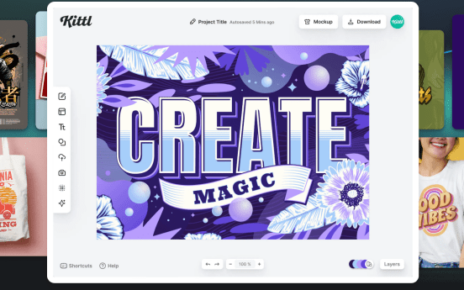The Payment Landscape in Latin America: A Fragmented yet Lucrative Market
In the vast expanse between Patagonia and the Rio Grande, a region that entrepreneurs and investors affectionately refer to as "LatAm," lies 38 distinct countries utilizing an astonishing 39 different currencies. Amidst this complexity, a staggering 19% of Latin American adults possess a credit card, while a paltry 1% utilize online payment methods. This dichotomy has given rise to a unique set of challenges and opportunities for businesses seeking to tap into the region’s burgeoning digital market.
The Challenges of Payment Fragmentation
Payment fragmentation is a defining characteristic of the Latin American market. The sheer number of payment methods, currencies, and local regulations has created a daunting landscape for merchants and fintech companies alike. Each country boasts its own set of payment processors, banks, and alternative payment methods, making it imperative for businesses to navigate this complex ecosystem.
The Benefits of Fragmentation
While the challenges posed by payment fragmentation are significant, they also present opportunities for innovation and growth. The heterogeneity of payment methods and currencies in Latin America has attracted companies like Spreedly and Primer, which have raised substantial war chests to capitalize on these differences. In contrast to the relatively homogeneous payment landscape in the United States or Europe, the unique challenges and opportunities presented by LatAm’s fragmentation make it an attractive destination for fintech startups.
The Rise of Payment Orchestration
As businesses navigate the complexities of Latin America’s payment ecosystem, a new breed of companies is emerging: payment orchestration providers. These firms offer merchants a unified platform to manage multiple payment methods, currencies, and local regulations, streamlining the process and reducing costs. Companies like Plug, Tuna, Yuno, DeUna, and Retry currently provide between 20 and 30 integrations, while Compra Rapida and Trinio offer one-click checkout solutions similar to Bolt and Fast.
Building Independent Players in Payment Orchestration
The technical work of building payment orchestration platforms is not particularly complex. However, navigating the intricate web of merchants, acquirers, alternative payment methods, platforms, and countries can feel like navigating an asteroid field. As a result, early exits are attractive for super payment gateway players. Despite this, there is an opportunity to build large, independent players in the payment orchestration space.
Opportunities and Incentives
To break out of the crowd and win the category, successful ventures would need to balance high payment acceptance rates against low fraud and costs, while figuring out the right incentives to onboard merchants with ease of product integration and configurability. The fragmented markets of Asia, Europe, and especially Latin America are more attractive than the United States precisely because of their heterogeneity.
Conclusion
The payment landscape in Latin America is a complex tapestry of challenges and opportunities. While fragmentation poses significant hurdles for businesses seeking to tap into this lucrative market, it also presents a unique set of opportunities for innovation and growth. As companies navigate this intricate ecosystem, they will need to balance high payment acceptance rates against low fraud and costs, while figuring out the right incentives to onboard merchants with ease of product integration and configurability.
Top Players in Payment Orchestration
- Spreedly: Integrations with over 100 payment gateway providers and third-party API endpoints worldwide
- Plug: Provides between 20 and 30 integrations for payment orchestration
- Tuna: Offers a unified platform to manage multiple payment methods, currencies, and local regulations
- Yuno: Provides a range of payment services, including one-click checkout solutions
- DeUna: Offers a comprehensive suite of payment processing services
- Retry: Provides a flexible and scalable payment orchestration platform
Early Exits in Payment Orchestration
Companies like ZooZ (sold to PayU in 2018), Optile (acquired by Payoneer in 2019), GoPay (acquired by PayPal in the same year), and ProcessOut (taken over by Checkout.com in 2020) have demonstrated the potential for early exits in the payment orchestration space.
Key Takeaways
- Payment fragmentation is a defining characteristic of the Latin American market
- Fragmentation presents opportunities for innovation and growth, but also poses significant challenges for businesses
- Payment orchestration providers are emerging as key players in the region
- Building large, independent players in payment orchestration requires navigating complex ecosystems and balancing high payment acceptance rates against low fraud and costs



